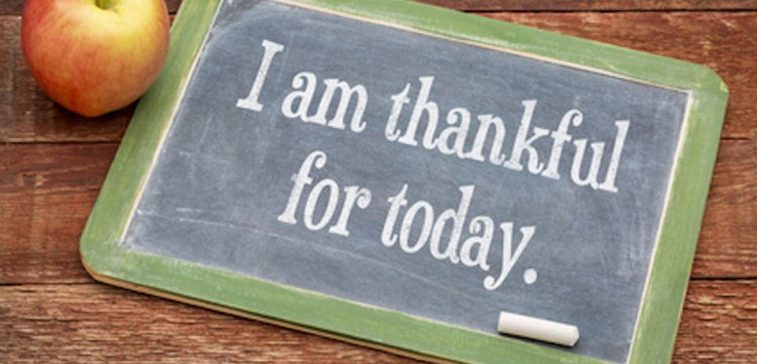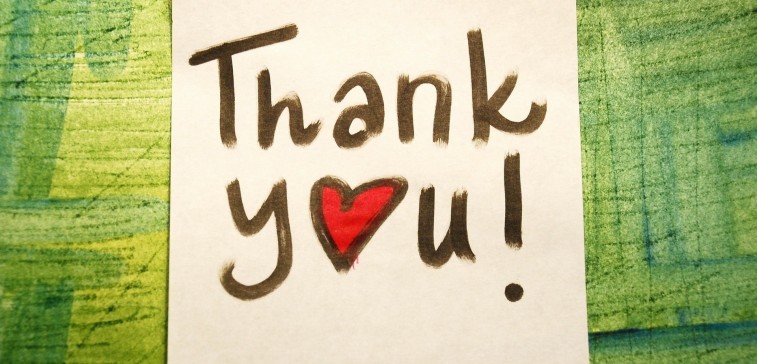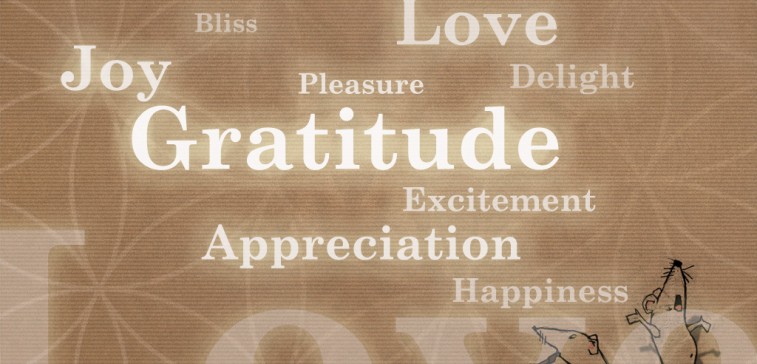BS’D
Gratitude frees a person from the constant drive for more; it instills a sense of ‘Wow, I have so much’. The soul enjoys the tranquility and basks in the inner satisfaction of having all it needs.
Living in the present encourages us to have gratitude; we are never certain what the next moment brings. Life is an unfolding process that reveals itself piece by piece; therefore who can say what is beneficial or harmful if we aren’t shown the complete picture? We only have now – and for that we must be thankful.
We should attempt to understand the hidden parts of our lives however often we simply cannot. After the sin of Adam HaRishon everything in life became an admixture of good and bitter; there is good and bitter found in every hardship. Time and again we generally experience the good in due time after it appeared to be the worst and most trying.
Indeed, acquiring an inner attitude of thankfulness is a challenge; yet the benefits are far reaching. It affects our interaction with others – we become more kind and compassionate, willing to overlook the ‘little things’. Ordinary acts become reasons to celebrate and express appreciation.
There is a well-known axiom, “No expectations – No disappointments.” Your washing machine worked yesterday – why think it’ll work today when you turn it on? Appreciate the little details: ice cold water on a hot summer day, a warm latte’ on a cold morning. Your car started yesterday? Why assume it will today? Sink into your couch after a long day and be thankful for its embrace. The list goes on…
Being thankful releases us from resentment towards anyone or anything and as a result we are covered in a blanket of peace within and without. Gratitude is the foundation on which meaningful relationships are built; namely the one we have with Hashem, ourselves and others.










